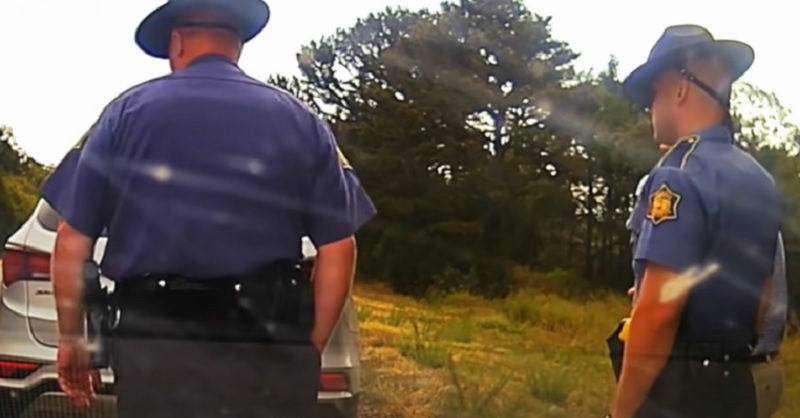
America’s law enforcement field training officers (FTO) are among the most important components of professionalism in policing. One could reasonably argue that the FTO exceeds the importance of basic academy training. The academy may be the backbone and skeleton of a police career, but those first weeks of supervision under the watchful eye of an FTO are the meat, muscle, and sinew that bring the officer’s career to life.
Most states prohibit a person from acting as a police officer without certification or licensing. While this makes sense in a lot of ways, it creates a deficit in academy training because the information presented to trainees is done without real-world context. Learning without meaning attached is less effective than learning with experience and application. For example, the academy will have a class in firearms, a class on car stops, a class on search and seizure law, and a course in de-escalation. Only when the cadet graduates and makes their first vehicle contact do all things need to coalesce into a cohesive set of behaviors and decisions. Until put into use and integrated, the subjects are abstract and theoretical.
This is where the FTO enters in to develop an effective police officer. In days gone by, especially in smaller law enforcement agencies, training consisted of handing the new hire the keys and a map and told to go to work. Formal police academies are a product of the mid-20th century, and police training developed into a three phase process: academy, field training, then independence. This writer’s home state of Missouri had no academy requirement at the time of his hire, so there was only field training, then out on solo patrol. An academy was available even though not required and an officer might eventually be sent after several months of service without academy training.
There are two basic FTO training plans. The oldest is called the San Jose model, obviously the namesake of its original department. The other is referred to as PTO (Police Training Officer) or commonly known as the Reno model from that city’s role in developing PTO with the U.S. Department of Justice’s Office of Community Oriented Policing.
The primary difference between the two are in educational philosophy. The San Jose model is a checklist of skills needed by the trainee to eventually act independently as an educational bridge between the academy and full duty. The trainee is evaluated on the skills over time based on evaluation standards. The Reno model claims to be a better fit for community-oriented policing and for the new generation of police officers whose backgrounds and expectations are less suited to the regimented “right answers” of the San Jose model.
The Reno model is predicated on the trainee becoming a problem solver. In fact, the basis of the model is PBL which is problem based learning. In PBL, rather than merely attaching a policy and procedure to a situation, the officer looks for root causes and integrates their knowledge to develop a deeper solution. Some medical education has moved in this direction. Rather than just studying a list of symptoms and cures, the student is presented with an actual or role-playing patient and tasked with determining a diagnosis and treatment plan. The results for medical students are that they may score lower on standardized tests, but score higher on patient satisfaction and outcomes.
Regardless of the method, the training officer assigned to the police recruit is more than a babysitter or supervisor. An FTO is a mentor for more than just policy and practice, but also conveys the heart and soul of policing. They help the recruit connect the academic material to daily practice, guide them in communication with persons under stress, balancing empathy with cautious survival skills. The stories that they tell become very real to the trainee who will soon enough have their own stories that shape their career.
There are many vital components of the law enforcement team from clerks to dispatchers to supervisors to administrators. Tying them all together is the field training officer who will be an unforgettable character to the new police officer for the rest of their career.